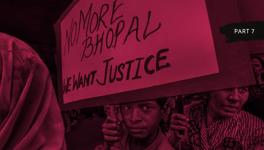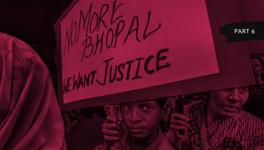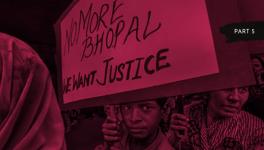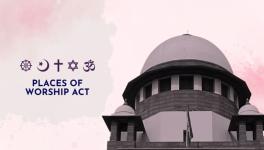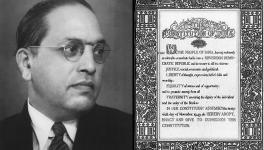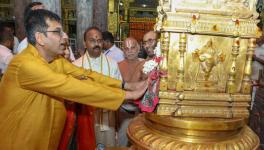Ayodhya-Babri Land Dispute: Supreme Court Reserves Orders on Mediation
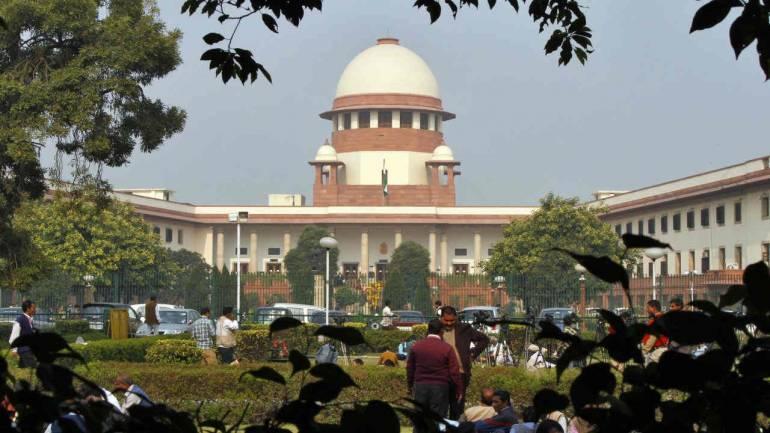
Image Courtesy: Moneycontrol
In the Ayodhya-Babri Masjid title dispute case, the Supreme Court constitution bench on March 6, 2019, reserved orders on whether to refer the case for mediation.
The Hindu groups today stiffly opposed the reference to mediation. They submitted that the matter was not a mere property dispute, but was concerning faith and sentiments.
“The belief that the site is the birth place of Lord Ram is non-negotiable. We are ready to crowd-fund the construction of a mosque elsewhere,” submitted Senior Advocate C S Vaidyanathan, who appeared for the deity.
The Akhil Bharat Hindu Mahasabha also voiced their opposition to mediation. They submitted that if at all mediation is ordered, general public should be permitted to participate after issuing public notice under Order 1 Rule 8 of the Code of Civil Procedure.
Also Read: SC Suggests Mediation in Ram Janmabhoomi- Babri Dispute, To Decide on March 5
On the other hand, Muslim groups expressed their willingness to participate in mediation. Senior Counsel Rajeev Dhawan appearing for Sunni Waqf Board went to the extent of submitting that consent of all parties was not required for the Court to refer the parties to mediation under Section 89 of the Code of Civil Procedure.
Justice Bobde orally remarked from the bench that the Court was conscious of the gravity of the dispute and its impact on “body politic”. The endeavour is to “heal relations”, he said. He assured that confidentiality will be maintained if the case is referred for mediation and indicated that the court is considering banning media reporting on mediation process.
However, Justice Chandrachud seemed to have reservations about the efficacy of mediation process. He wondered how the mediated settlement can bind millions of persons belonging to both religions, as the issue was not a dispute between two parties. At the same time, he expressed that a negotiated settlement in the case was most ‘desirable’.
On this count, Justice Bobde expressed that if a decree can bind all parties in a representative suit, so can the result of a mediation.
Also Read: Ram Mandir ‘Movement’ Goes Underground
Solicitor General Tushar Mehta, appearing for Uttar Pradesh Government, opposed mediation by saying that it was not “prudent and advisable” in the given circumstances. Mehta’s submission was opposed by Dhawan by stating that UP Government cannot take views in the matter as it was supposed to have a disinterested stance being a statutory receiver.
After hearing the parties, the Court reserved orders on this limited point.
On 26 February 2019, the bench had adjourned the hearing on the merits of the case for six weeks to enable the parties to examine the translations of records prepared by the UP Government. The parties were directed by the Court to examine the records and point out their objections. This was after the Muslim groups expressed doubts about the veracity of the translation.
At the outset, the CJI made it clear that the hearing will commence only if parties accept the translations prepared by the UP Government as authentic. The report submitted by the Secretary General to the Court was read out by the CJI to the parties, which indicated that the records ran into nearly 38,000 pages, in the languages of English, Hindi, Sanskrit, Urdu and Gurumukhi.
Also Read: Ambiguities in Government’s Ayodhya Application
While Senior Advocate C S Vaidyanathan had endorsed the authenticity of translations, Senior Advocate Rajeev Dhawan, who appeared for Sunni Waqf Board, objected.
“We have not got the opportunity to examine the translations prepared by UP Government,” said Dhawan.
This was objected to by Vaidyanathan, by submitting that the parties had accepted the translations as authentic way back in December 2017, and had agreed for final hearing.
In view of this disagreement, the CJI remarked that the Court will not waste its time if parties are not agreeable on translations.The bench had then remarked that it was better to have a mediated settlement of the dispute and adjourned the matter to today to explore the scope of mediation.
Get the latest reports & analysis with people's perspective on Protests, movements & deep analytical videos, discussions of the current affairs in your Telegram app. Subscribe to NewsClick's Telegram channel & get Real-Time updates on stories, as they get published on our website.










